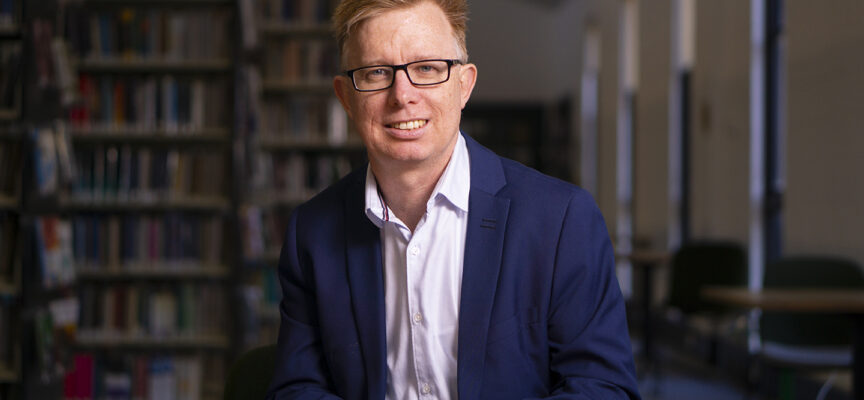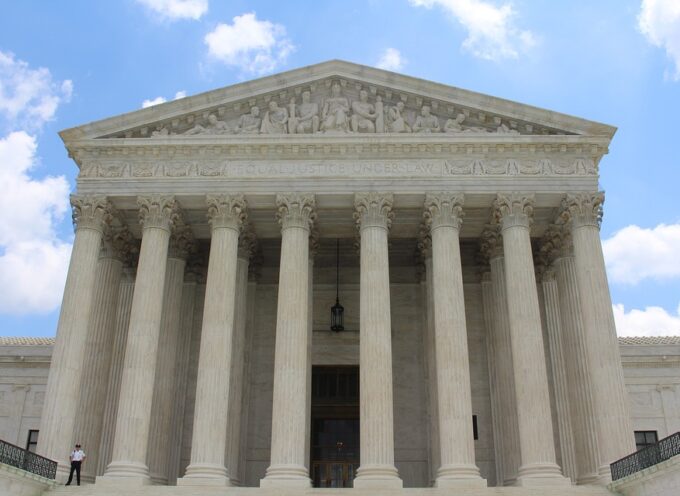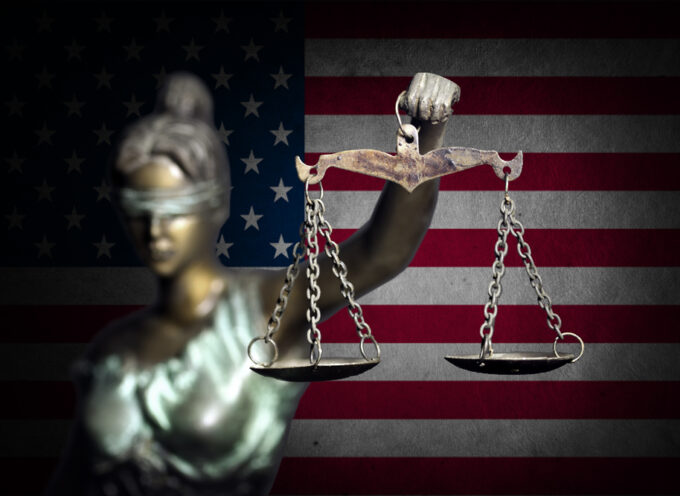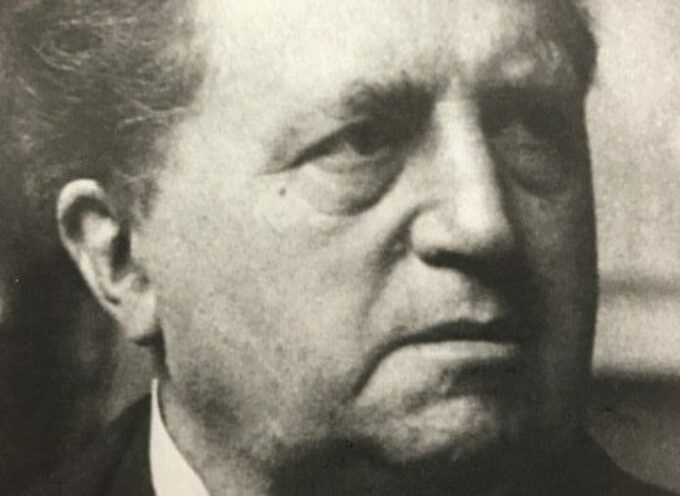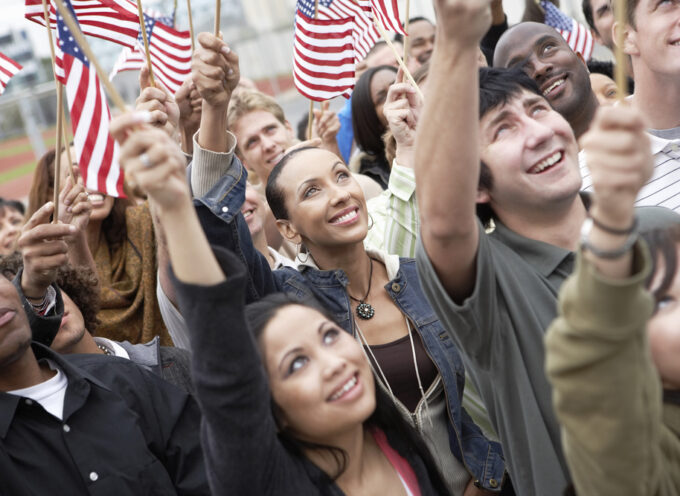A year ago, I got my hands on a manuscript that sizzled with energy and punched like a pro—Mike Bird’s Religious Freedom in a Secular Age. In it, he guides readers through the dark and twisted maze of secularism’s rise and religious liberty’s decline. Along the way, he rejects two flawed agendas—civic totalism and white nationalism—while challenging the reader to promote religious liberty for all. It is both learned and lucid, resulting in a harvest of social and cultural insights that will challenge and motivate readers interested in religion or politics, or both.
Given my gratitude for the book, I asked Dr. Bird to give a brief interview about the book. Below are my questions and his answers. I invite you to enjoy the interview and to purchase copies of the book for yourself and your friends.
Who is Mike Bird?
Bruce Ashford: Dr. Bird, thank you for agreeing to talk with us about your new book, Religious Freedom in a Secular Age. Let’s begin by asking you to tell us a little bit about yourself. Who is Michael Bird?
Michael Bird: Well, Mike Bird is an Anglican priest, Academic Dean at Ridley College, husband to Naomi, and father of four children. I’m interested in Christian theology, early church history, and living out faith in today’s increasingly complex world.
Why This Book? Why Now?
Bruce Ashford: As I see it, Religious Freedom in a Secular Age is one of the most significant publishing events of the year. Will you take a moment to tell us why you wrote the book? Given that you are a Bible scholar and bestselling author in the theology category, why write that focuses on politics and public life?
Michael Bird: I wrote this book because across my lifetime I’ve noticed that attitudes towards religion have changed radically in Australia, the United Kingdom, and the USA.
Religious bodies and institutions were once respected even if they weren’t adhered to. However, because of the rise of Islamic terrorism, the New Atheists, sexual abuse scandals in churches, and debates about LGBTI rights and same-sex marriage, the mood has changed. This has meant that Christians in particular, instead of being a kind of silent moral majority in a nominally Christian culture, they have quickly become the immoral minority who are treated with spasmodic contempt. In some cases, it is particular views that are disliked, like on marriage and sexuality, but in some cases you get the impression that the very existence of religion is a kind of on-going hate-crime.
This obviously plays out differently in the UK, Australia, and USA. However, we are now living in a climate where segments of the culture, specific media outlets, bureaucratic instruments, and political parties are proudly hostile towards communities of faith. I saw this in Australia during the gay-marriage debate in 2017 where a church down the road from where I live was vandalized and the words, “Crucify ‘No’ Voters” was branded across the walls of the church. I must confess that my jaw dropped when I read a 2016 report called Peaceful Co-existence by the US Commission on Civil Rights which basically concluded that religious liberty is nothing more than a right to discriminate and religious liberty should therefore be limited at every instance. Then there was Bill 21 in Quebec in Canada, which prohibits public officials like teachers and city employees from wearing religious symbols such as crosses, hijabs, turbans and yarmulkes. The Bill was anti-religious and, I would add, xenophobic as it mostly effects ethnic minorities.
For these reasons, I initially intended to write a book that presents the case for religious freedom and for a generous secularism over and against the anti-religious ethos of the progressive left. But then white nationalist movements began to emerge in the West. So I had to pivot a bit as I had to add some content about the danger of religious nationalism and civic religion.
In sum, I’m arguing why religious freedom matters for people of all faiths and none, why secularism is a good thing if done properly, warn about the dangers of an authoritarian progressive left and the seduction of white Christian nationalism.
Effect on Public Life?
Bruce Ashford: One of the helpful things about your book is that it addresses the significance of religious liberty in relation to many aspects of life. Let’s address one of them—public life. What should Christians hope for from their governments in relation to religious liberty?
Michael Bird: That question very much depends on where you live in the world (e.g., America, Canada, New Zealand, China, Egypt, Russia, etc.) or even where you live in America (e.g., Boston, Dallas, San Francisco, Charlotte). But let’s stick with America and Australia.
We need above all the separation of church and state, so that we don’t end up living in a theocracy, and so that government does not try to regulate religion. However, I think government needs to do two things in addition to that.
First, find ways that Government and religious bodies can work together for the common good. Whether that is having chaplains in state hospitals or in the military for one. But also, things like President Bush’s creation of the Faith-Based Community Initiative Program, an office which has continued in different forms under presidents Obama, Trump, and Biden. In other words, State and Church can do things together for a common good.
Second, Government does need to legislate to define religious freedom and its limits. Also, we need mechanisms to help us negotiate competing rights. So when it comes to, say, religious freedom and LGBTI+ rights, we need to recognize that we are dealing with two good things and we should stop arguing like one is good and the other is bad. We need mechanisms at the municipal, state, and federal levels for resolving conflicts between religions, between state and religion, and between different individual rights. Rather than privileging one suite of rights over others, or rather privileging one community’s voice over others, we need to find ways can promote co-existence and tolerance in a liberal and democratic society. Otherwise, we will end up tearing each other apart, either in lawfare, in politics, in media, or even on the street. Government has a vested interested in finding ways that we can live together with our differences.
Effect on Christians and Churches?
Bruce Ashford: Let’s address one more aspect of life—religion. How does religious liberty (or the lack thereof) affect Christians, both in their everyday lives and their church involvement?
Michael Bird: Imagine you are the principle of a Christian K-12 school. Now imagine that your state legislature just passed a law saying that you cannot make being a Christian part of the criteria for any position in the school unless that position has an explicit religious function, i.e., the school chaplain. Now imagine that you’re hiring a deputy principle and one of the applicants is an atheist and you cannot reject his application on the grounds he is an atheist. Not a hypothetical, this is how it is in several jurisdictions in Australia.
Or else, imagine that you are attending a religious service on a Sunday morning, the police suddenly enter the auditorium, they demand the service be suspended so that they can check everyone’s vaccine certificates. Again, not a hypothetical, this happened in Australia.
Also, imagine that the minister of your church gives a sermon on singleness and celibacy, you share the audio/video of that sermon on Facebook, and a few days letter you are given a subpoena to attend a Government anti-discrimination tribunal because an LGBTI friend has accused you of suppressing their gender identity by promoting a sermon that includes celibacy. This hasn’t happened yet in Australia, but it is now legally possible.
One more example, imagine that your Sikh friend at work gets vilified by your boss over his head-dress, you make a complaint on his behalf, but find out that there are not anti-religious vilification laws in your state.
This is why Christians have a vested interest in religious freedom and the type of secularism in operation. It effects our churches, our schools, our freedom to live out our faith in public, and the freedom of people of other religions too.
Villians?
Bruce Ashford: Will you talk a little bit about your quarry in this book? Who are you stalking? What are the competing philosophical and theological visions to which you are responding?
Michael Bird: There are two villains in my book.
First, civic totalism, this is where a progressive state regards itself as supreme, and believes that it can, through coercion and punitive measures, force its citizens the abandon and amend their consciences and religion to reflect the goals and ideals of the progressive state.
Second, white Christian nationalism, a movement that looks to a vaguely Christian leader armed with prejudice and popularism who is willing to protect us from the civic totalists on the condition that we turn a blind eye to an assortment of moral and fiscal corruptions.
Let me add, what I champion as an alternative is “confident pluralism,” a concept indebted to American legal philosopher Prof. John Inazu, who believes we can strengthen our civic institutions to create space for people of all faiths and to create a diverse and pluralistic society.
Subscribe
Never miss a post! Have all new posts delivered straight to your inbox.

